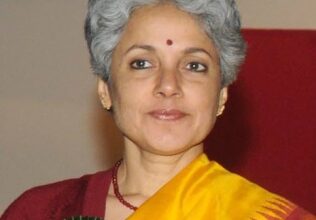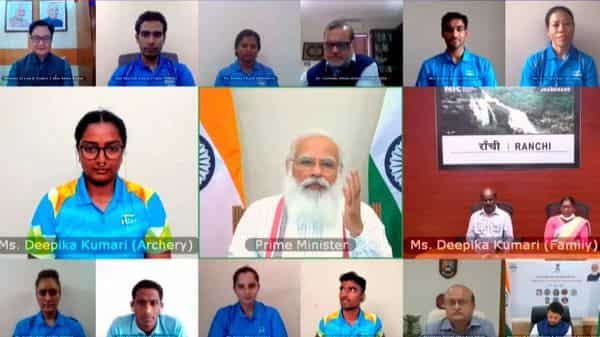
Mumbai, June 26 : The Indian Muslims for Secular Democracy (IMSD) has supported the proposal for a Uniform Civil Code (UCC), terming it as consistent with the provisions of the Constitution, while demanding it should be ‘religion-neutral and gender-just”, here on Monday.
In a statement, the IMSD also urged the Indian secular political parties “not to fall in the trap of the Bharatiya Janata Party” or Muslim religious bodies like AIMPLB, JUeH, JeIH which oppose the UCC as being contrary to Articles 25 and 26 of the Constitution.
The IMSD Convenor Javed Anand and Co-Convenors A. J. Jawad, Arshad Alam, Feroze Mithiborwala, Irfan Engineer and Nasreen Contractor, also slammed the Muslim clergy for continuing to ‘cling’ to medieval, patriarchal notions of gender relations in the name of Islam, and contrary to their false claims, the Muslim Personal Law is not God-given but man-made.
They said in recent decades, many Muslim countries, including those which called themselves Islamic states, have reformed their family laws, while believing, practising Muslim are citizens of western democracies which do not have separate family laws for the community.
It referred to the 21st Law Commission Report of 2018 which opined that UCC was “neither necessary nor desirable at this state” while the 22nd Law Commission re-ignited the issue by inviting views of the public and religious organisation on UCC, though it has “not offered any draft of its own for the people to respond to”.
“The timing of the initiative, the absence of a draft and the fact that the next general elections are less than a year away have understandably led to apprehensions that the motive of the Modi-led government is suspect. This notwithstanding IMSD calls upon secular political parties not to fall in the trap set by the BJP,” it said.
The IMSD said that the Muslim Ulemas willfully ignore the fact that the Article 25 concerning the right to freedom of religion also states, “Nothing in this article shall… prevent the State from making any law “providing for social welfare and reform…”
“The personal laws of all religious communities that we inherited at independence were grossly discriminatory against women. In the decades since, there have been a number of enactments ushering in some reforms in the family laws concerning Hindus and Christians,” said the IMSD.
However, the Muslim religious bodies have staunchly resisted any change and never taken a single step in reforming Muslim Personal Law many of whose provisions are blatantly unjust, anti-women, even un-Quranic.
“Despite the changes in Muslim countries, the Ulemas in secular India continue to cling to medieval, patriarchal notions of gender relations in the name of protecting Islam, but in fact they are protecting their own interests and institutional stranglehold over the community,” said the IMSD.
It frowned at even the Congress and other secular parties for taking ‘no steps whatsoever’ in advocating reforms on the specious plea that “the initiative must come from within the community”.
“Given the authority structure within the Muslim society, we do not see any such voice from the community in the foreseeable future,” rued the IMSD.
As there is no hope of the religious leaders ever accepting, let alone initiating change, progressive Muslim women and men have no option but to look to the courts and the government of the day for a religion-neutral, gender-just UCC.
“Needless to say, a ‘Uniform Civil Code’ is not the same as a ‘Common Civil Code’, and Muslims reserve the right to protest against any attempt to impose a majoritarian agenda in the name of uniformity,” urged the IMSD.
It appealed to all political parties to see the issue as one of gender justice and stop pandering to the whimsical and antediluvian fantasies of religious clerics.
The IMSD seeks to incorporate reforms in the UCC for all citizens, like, divorce only through a court of law including the right of women to initiate divorce, right to judicious maintenance following divorce, ban on polygamy and the shameful ‘halala’, gender-just inheritance and guardianship laws.
It should also provide for the right to make a Will with provisions for a minimum percentage of the property to be left behind for the heirs, child custody as per the best interests of the minor, right to adopt by couples or even by single women/men, right to marry without any limitation due to race, nationality or religions (Article 16 of the UN Universal Declaration of Human Rights), and other progressive provisions.






